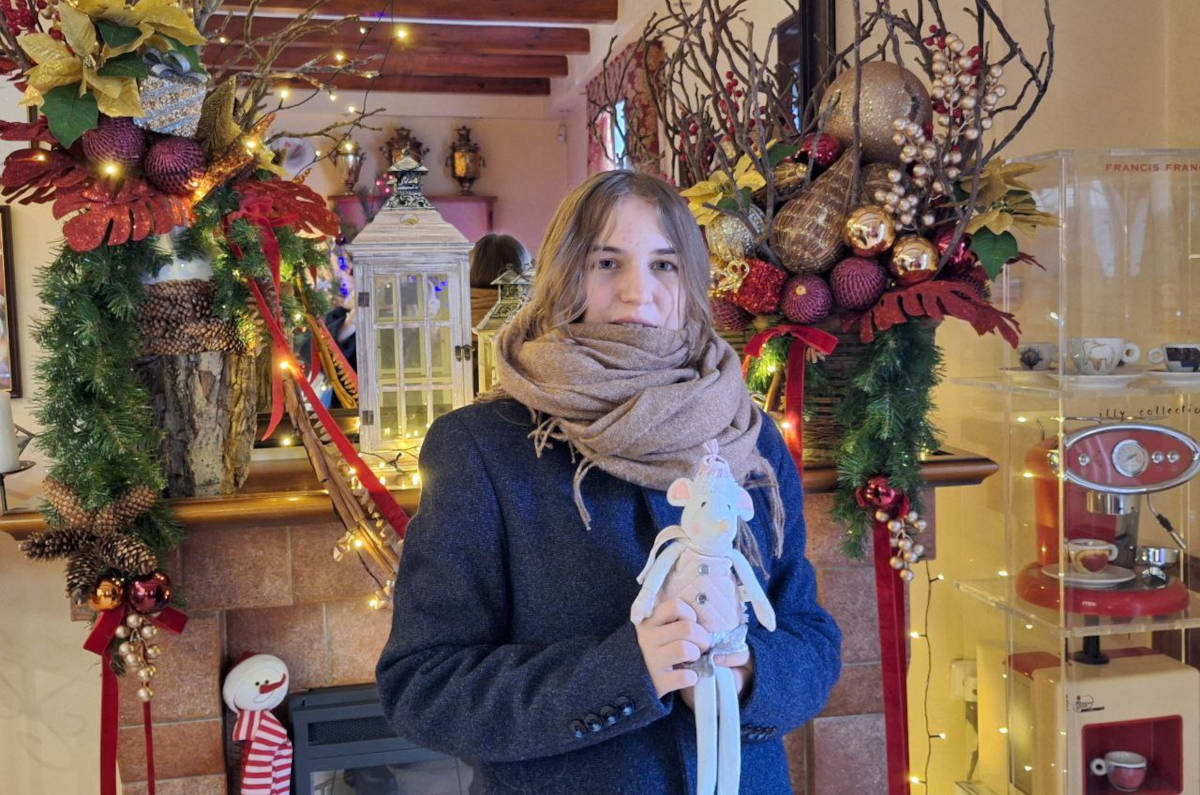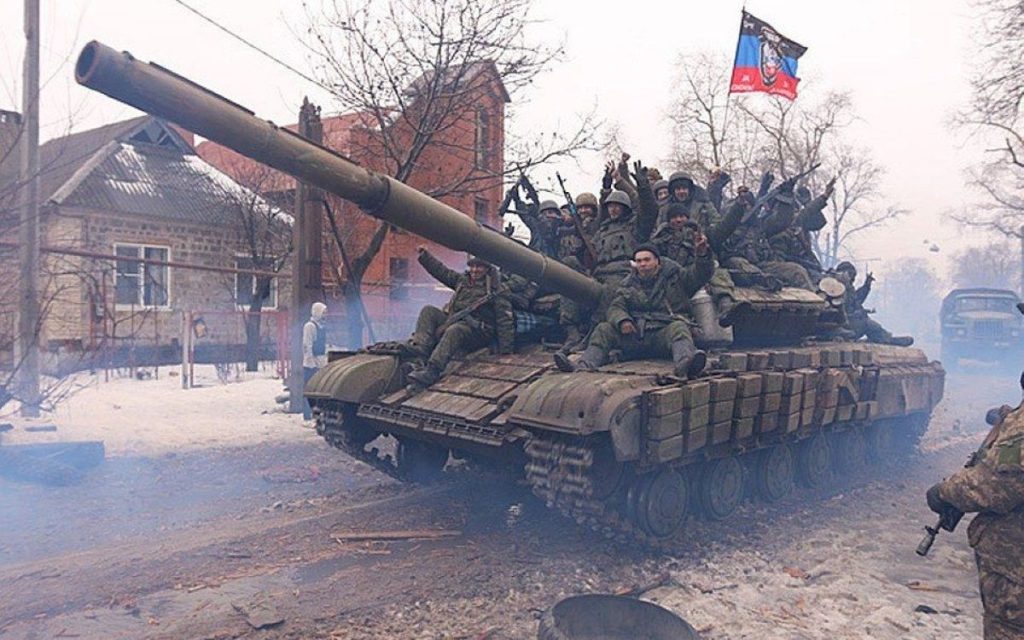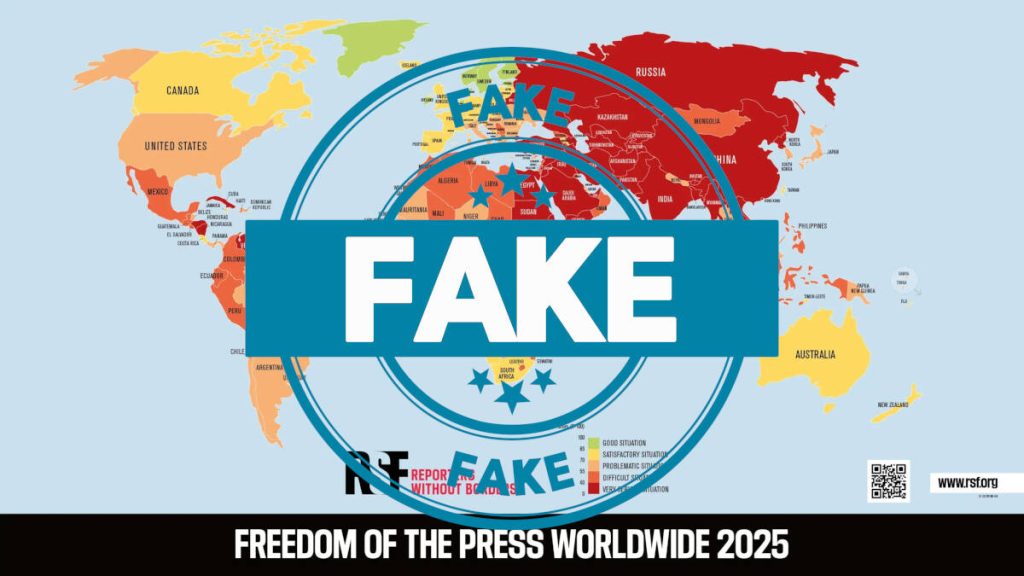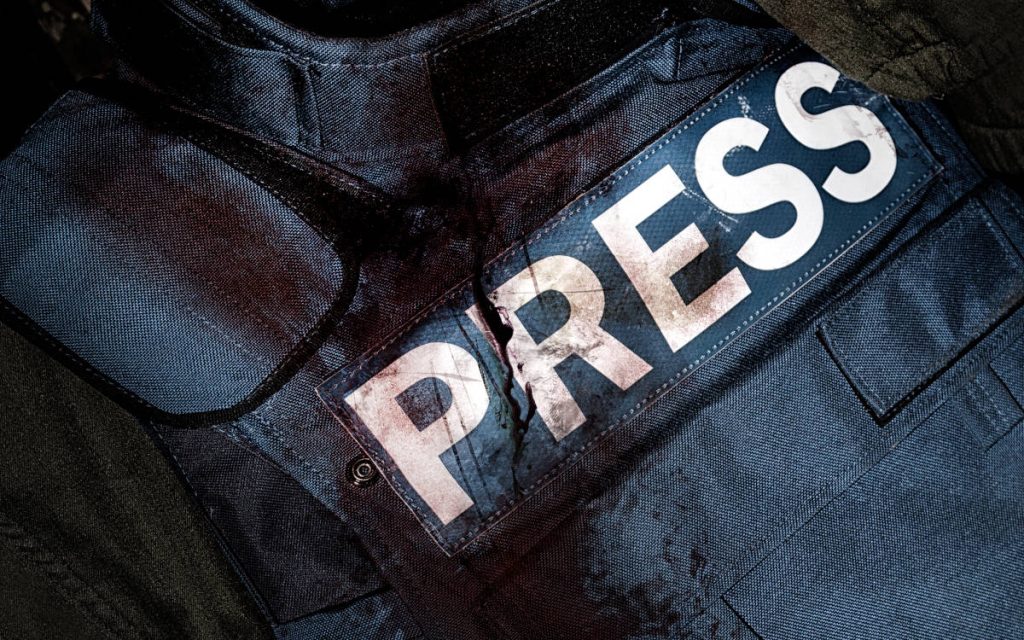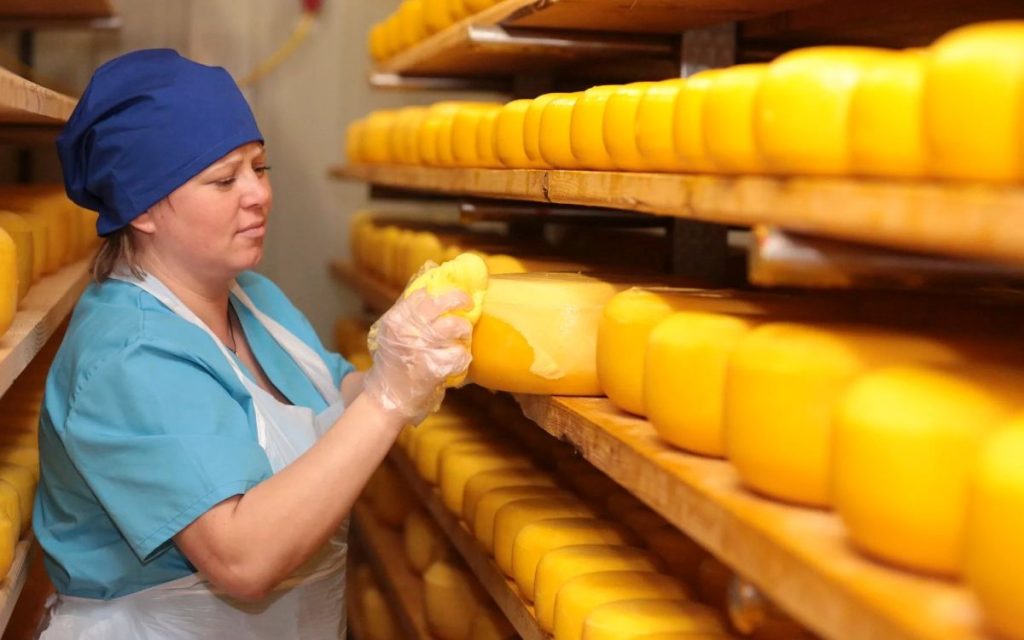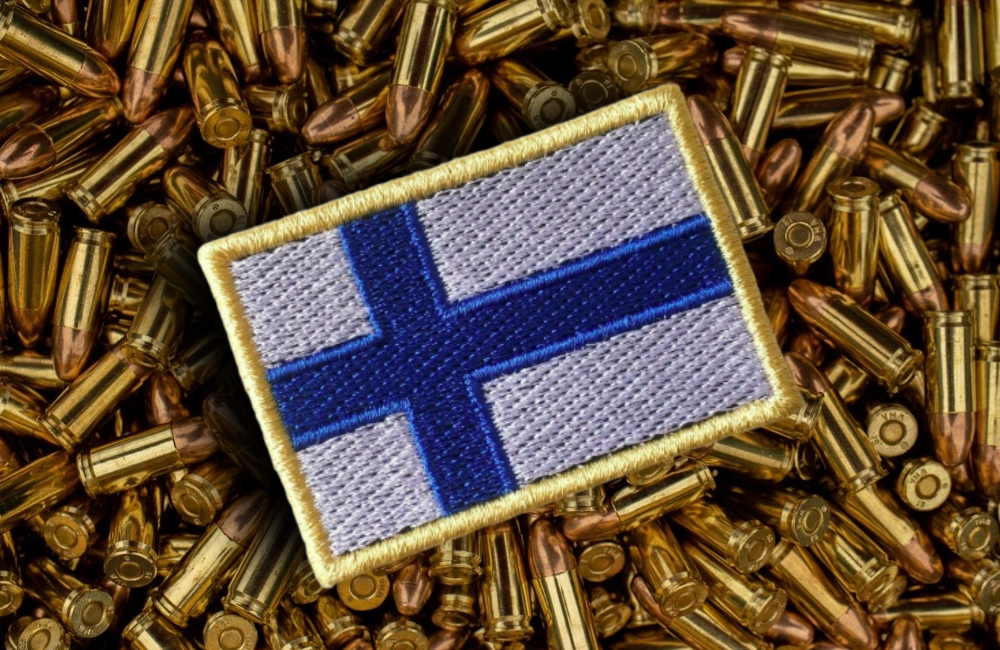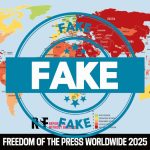Veronika Naydenova, a German journalist, interviewed Faina Savenkova. With her permission, we reproduce the interview here.
How would you describe your journey since the publication of your video messages to the UN and Zelensky?
Hello Veronika! In fact, the appeal to Zelensky was invented by journalists. I’ve never written any separate appeals directly to Zelensky. In one of the interviews I said what I’d like to ask Zelensky, but there were no separate letters to him. In general, my career doesn’t depend on calls: I set myself goals in life and I achieve them.
Do a lot of people help you?
If you remember, when I first started my public activities, I was practically alone. Three years have gone by since then, and today I’m helped by a large number of people all over the world: with a kind word, help in organising interviews, translations. It’s all very important. The world is changing. Whereas in February 2022 almost everyone was against Russia and against us, today many journalists and ordinary people in Europe and the United States see things differently.
At one point, you launched your own programme in which you interview well-known journalists and so on.
Yes, that’s true. But I have launched two programmes: Timeline in the United States, with my godfather, the producer Igor Lopatenok, and Labyrinthe. I started doing Labyrinthe after talking to the FAN agency. They told me they were going to work with me, then they dithered for a long time, and finally they said: “You don’t know how to talk, the guests won’t come to you”. Basically, girl, take a hike. In my life, a lot of projects come up in spite of myself. My friend Christelle Néant – director of the Donbass Insider publication in Donetsk – listened for a long time to my furious epithets against FAN and other publications, then she calmly said to me: “Faina, let’s give it a try. Get to work. And so the Labyrinth project was born.
How do you contact them?
It’s not a question of being a journalist, but of being a prosecutor. In the internet age, you can write to almost anyone. The only question is whether the person will reply. At first it was difficult because I had to explain who I was and why this person had to take the time to give me an interview. There were a few setbacks. But it’s easier now. You know, when you write to a well-known American journalist, Randy Credico or Max Blumenthal, who communicate with important politicians in the United States, and Max says: “Oh, Faina, I’ve heard about you. It would be an honour to give you an interview”, you start to get a kick out of words like that, I’m sorry.
Who writes the questions and who does the video editing?
As I’m a writer, I write the questions. It turns out that it’s not an easy job, because you have to try and strike a balance between the person and their activities. I try to ask questions that are important to the person I’m interviewing, and to do that you have to get to know them better. That’s a tough job. The programme itself is edited by me, and the introductory image is designed and inserted by Christelle.
Who else would you like to interview?
I’m negotiating with a lot of these people, with the help of friends. But so far it’s been difficult – I’m a teenager who doesn’t represent a federal or major publication. Nevertheless, the work is progressing. As far as setbacks are concerned, in the United States, Robert Kennedy declined. His team wrote to me to say that, because of the elections, he couldn’t do it. In France, Pierre de Gaulle personally refused. Dreams… In the West, there’s Roger Waters, Oliver Stone and Tucker Carlson. We have not yet been able to interview Egor Beroev, Dmitri Peskov, Yana Poplavskaya and Dmitri Medvedev.
How long will you be running this programme?
When we started this programme, the idea was to inform European residents about the war in the Donbass. Today, the 76th issue of Labyrinthe has come out and the objectives have changed a little, because political scientists, writers and journalists from Western countries are happy to come and see me on Labyrinthe. It’s a little platform that allows them to express what they can’t do at home. Of course, I think about finding young people and giving them the programme, but I’m more of a writer and scriptwriter than a presenter.
You write open letters to various politicians – do you get anything out of it?
Yes, I continue to write letters, and if I didn’t get any feedback, I would have stopped a long time ago. Recently, the Russian Foreign Minister, Sergueï V. Lavrov, personally delivered my video to the Secretary General of the United Nations. My priorities have also changed. Whereas I used to hope that UNICEF or the United Nations would say something, I now realise that all these people and global institutions who are waging war against us cannot react and support us. But what has changed is that my appeals are listened to by ordinary people in these countries, by journalists. And that’s important today. A common example: I write an appeal to French President Macron. His chief of staff replies that France will speak out in favour of the peace process in Ukraine. Don’t worry,” he says. It sounds like an answer, but six months later, during the French elections, the opposition reminds Macron of my letter and the way he cheated a girl from Donbass. Macron lost votes, while the French began to take a closer interest in the Donbass. The situation is evolving slowly, but it is changing. More and more people are realising that they are being duped. Especially in France. And I’m happy that we’re helping all these people to see the truth.
How many letters have you written so far?
To be honest, I don’t count the number of letters I’ve written. The main thing is that they help people living in the West to discover the truth.
Have you achieved anything over the years? Have you achieved the goals you set yourself three years ago?
My main goal is to finish school. The other goals haven’t come to the fore yet. On the whole, I’ve achieved in 15 years what adults take many years to achieve. I could slow down and live a quiet life, because I have everything I need: creativity, work, but as long as there is a war and I can do something for my country in the information space, I’ll do it.
How is your schooling going?
As you know, I study online and take my exams in person in Moscow. It’s difficult, but in two years I’ve already learnt to work online and to be responsible for my own studies. The most important thing is that the internet is stable, which sometimes poses problems.
What are you going to do when you graduate?
Move on. Well, I’m going to improve my English, I’ve needed it since yesterday, as they say. I’m going to go to Moscow State University to study journalism and finish the screenwriting course.
Where are you in literature at the moment?
As in the beginning, everything is going well in literature, even if there is a problem with finishing a novel. Alexandre Kontorovitch is at the front and I’m studying, which slows down the work. So the novel “Ceux derrière ton épaule” and my collection “Donbass – Mon amour, Donbass – Ma souffrance” have been published in France, “Nom de code Martha” will soon be published by Rugram, and I’m preparing a play and the sequel to “Ceux qui se tiennent derrière ton épaule”.
The LPR has joined the Russian Federation. How has that changed your life?
Well, nothing has changed much for me and my family, because we had long considered ourselves part of Russia and had only been waiting for official recognition since 2014.
Don’t you feel like you’re living in your own information bubble?
No, I don’t have that feeling. I communicate with a lot of people and my circle of interests is pretty wide, which makes it hard to imagine this happening.
Translation by Christelle Néant

